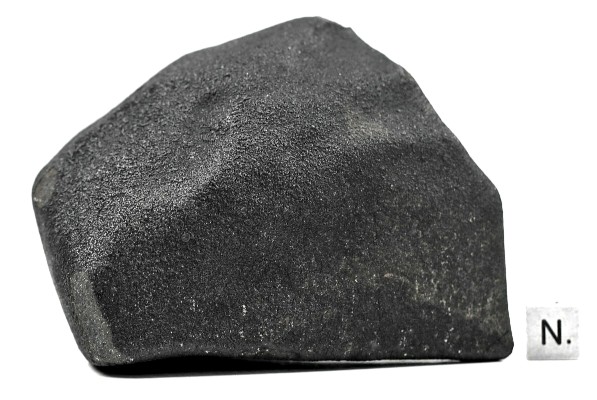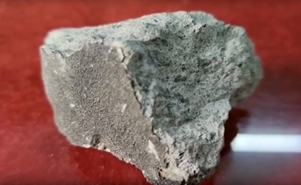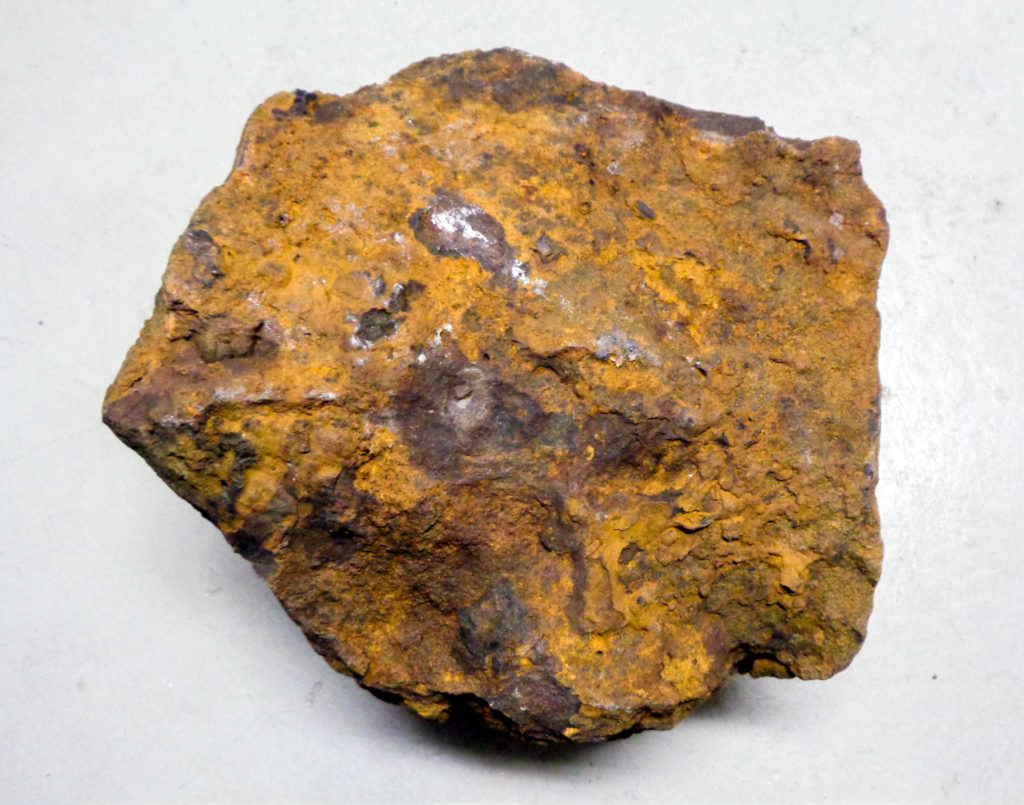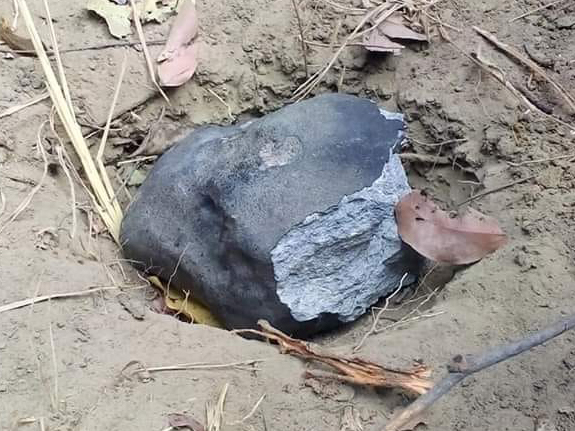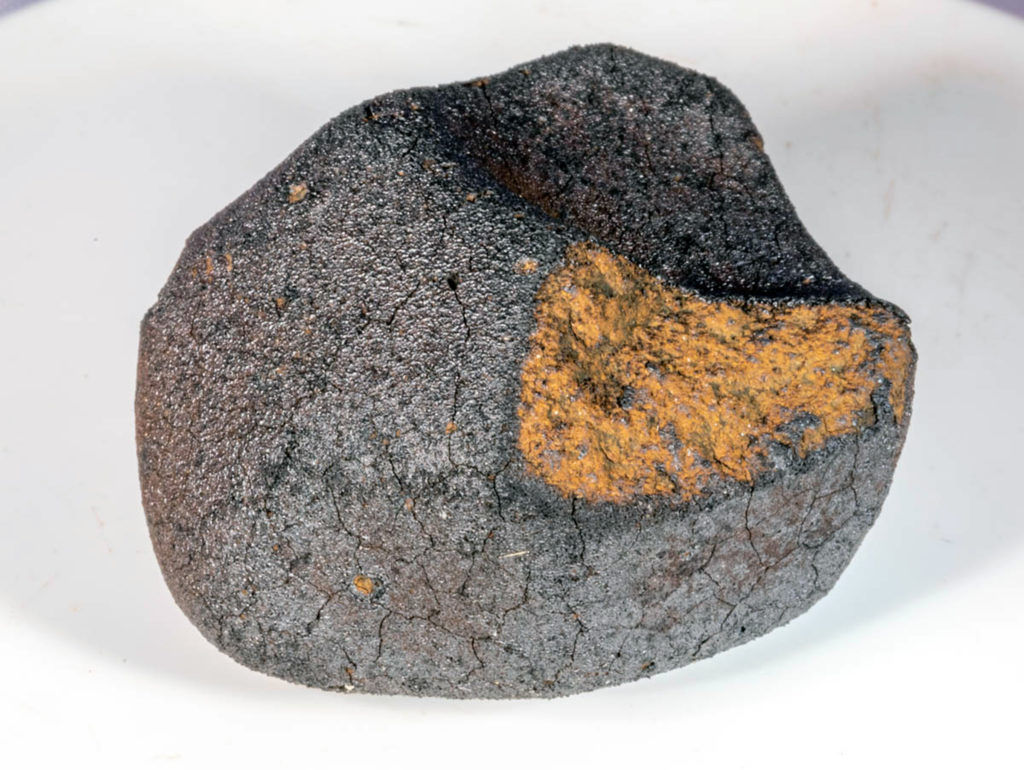Geochemistry and Cosmochemistry of potassium stable isotopes
Kun Wang, Weiqiang Li, Shilei Li, Zhen Tian, Piers Koefoed, Xin-Yuan Zheng
INVITED REVIEW
Geochemistry
In Press, Journal Pre-proof, Available online 9 June 2021
“Stable potassium isotopes are one of the emerging non-traditional isotope systems enabled in recent years by the advance of Multi-Collector Inductively-Coupled-Plasma Mass-Spectrometry (MC-ICP-MS). In this review, we first summarize the geochemical and cosmochemical properties of K, its major reservoirs, and the analytical methods of K isotopes. Following this, we review recent literature on K isotope applications in the fields of geochemistry and cosmochemistry. […]
Of significant importance to the cosmochemistry community, K is a moderately volatile element with large variations in K/U ratio observed among chondrites and planetary materials. As this indicates different degrees of volatile depletion, it has become a fundamental chemical signature of both chondritic and planetary bodies. This volatile depletion has been attributed to various processes such as solar nebula condensation, mixing of volatile-rich and -poor reservoirs, planetary accretional volatilization via impacts, and/or magma ocean degassing. While K isotopes have the potential to distinguish these different processes, the current results are still highly debated. A good correlation between the K isotope compositions of four differentiated bodies (Earth, Mars, Moon, and Vesta) and their masses suggests a ubiquitous volatile depletion mechanism during the formation of the terrestrial planets. It is still unknown whether any of the K isotopic variation among chondrites and differentiated bodies can be attributed to inherited signatures of mass-independent isotopic anomalies.”



